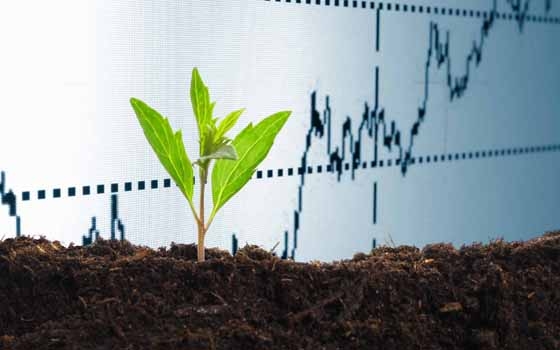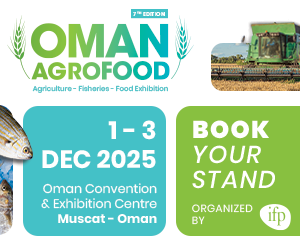The GCC fertilizer industry’s production capacity is projected to increase by 47 per cent to 46.6 million tons from 2012 levels by 2018 given the $10 billion new fertilizer projects currently in the pipeline.
The Gulf Petrochemicals and Chemicals Association, or GPCA, said that the GCC fertilizer industry is also poised to gain from the region’s push towards renewable energy, as this could help address feedstock challenges in fertilizer production, particularly for natural gas.
In 2012, the fertilizer production capacity of the GCC was around 31.4 million tons. The industry’s capacity has been estimated to grow by ten per cent per annum over the next five years.
According to the GPCA report, global fertilizer demand would increase 1.8 per cent each year.
Liquefied natural gas imports in countries like the UAE and Oman have increased as it is used in electricity generation. Gas production has also gone up in Qatar and Saudi Arabia, so increasing LNG imports and production is expected to pave way for the development of downstream industries like fertilizers.
CRU consultant Kevin Breen said: “Currently, power generation takes up a lot of natural gas, but if renewable technology like photovoltaics are introduced in the GCC, it would help the petrochemicals and fertilizer industries.”
GPCA secretary-general Dr Abdulwahab Al Sadoun said that fertilizer companies should look at environmental conservation practices even as they strive to maximize profits.
At the recent Fourth Annual GPCA Fertilizer Convention, Dr Al Sadoun pointed out that the GCC’s fertilizer industry is a cost leader and must continue to improve its cost-leadership in order to retain its global competitiveness.
“Many producers in the region have implemented strategies to reduce greenhouse gas emissions, recover carbon dioxide and reduce water consumption.”
According to a GPCA report, petrochemicals production in the GCC has increased by 5.5 per cent in 2012, despite a slowdown in global markets due to the recession in Europe.
The GCC’s petrochemicals production capacity rose to 127.8 million tons in 2012, up from 121.1m tons in 2011. In 2012, global petrochemicals production grew 2.6 per cent, lower than the 3.8 per cent growth rate in 2011, the report said.
Saudi Arabia accounts for over half the GCC’s total petrochemicals output with a capacity of 86.4 million tons. An estimated six million tons of capacity came on stream in 2012, cementing the country’s position as the region’s leading petrochemicals producer.
With 6.1 million tons, petrochemicals production in the UAE currently accounts for 4.8 per cent of the total regional capacity.
According to Dr Al Sadoun, industry growth would transform the petrochemicals sector into one that is focused on technology, sustainability and enduring partnerships.
In 2012, the UAE continued its strategic expansion by awarding contracts for several key downstream projects in Abu Dhabi. Abu Dhabi Oil Refining was awarded a contract to build a carbon black and delayed coker plant in Ruwais. The plant is expected to be completed in 2015. It will have an annual production capacity of 40,000 tons of carbon black, 430,000 tons of anode grade coke and 520,000 tons of propylene.
Also in the pipeline is Abu Dhabi’s Tacaamol complex, which is being developed under the supervision of ChemaWEyaat.
Khaleej Times
17 October










































































